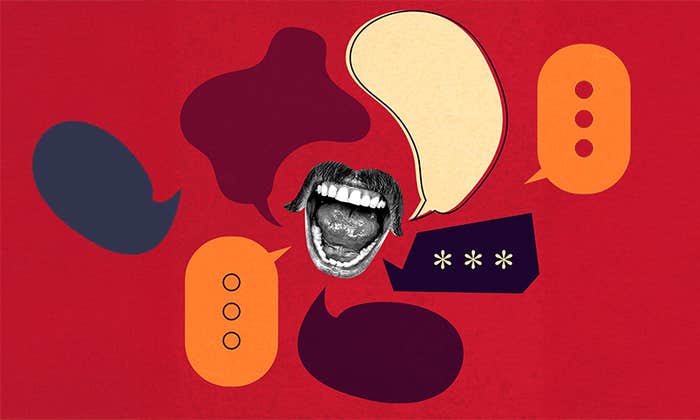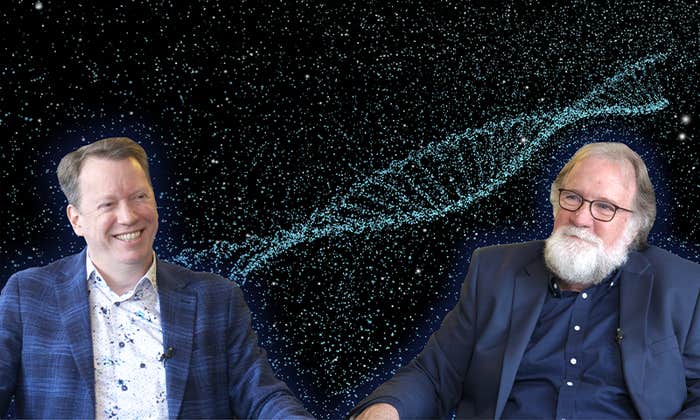
What did the unconscious part of the mind say to the conscious part? This isn’t so much the start of a science gag as a perennial scientific mystery—one that the novelist Cormac McCarthy, in his first-ever work of non-fiction, “The Kekulé Problem,” confronted in Nautilus this year. It was one of our most-read stories of 2017.
As the New Yorker put it, the essay is “studded with suggestive details about the anatomy of the human larynx, what happens to dolphins under anesthesia, and the origins of the click sounds in Khoisan languages.” The kind of story, in other words, that’s right up our alley.
Here’s that, plus a selection, in chronological order, of some of our other most-read stories of the year. From democracy-damaging media to willpower to the holographic universe, here they are:
Willpower is a dangerous, old idea that needs to be scrapped.
— Carl Erik Fisher, February 2017
There are two very different interpretations of our dwindling grip strength.
— Tom Vanderbilt, February 2017
New Evidence for the Strange Idea that the Universe Is a Hologram
The universe could contain its vast volume within a surface.
— Brian Koberlein, February 2017
Darwin Was a Slacker and You Should Be Too
Many famous scientists have something in common—they didn’t work long hours.
— Alex Soojung-Kim Pang, March 2017
Why the central problem in neuroscience is mirrored in physics.
— Hedda Hassel Mørch, April 2017
Where did language come from?
— Cormac McCarthy, April 2017
Emerging science is putting the lie to American meritocracy.
— Christian H. Cooper, April 2017
Why Your Brain Hates Other People
And how to make it think differently.
— Robert Sapolsky, June 2017
Modern Media Is a DoS Attack on Your Free Will
How the attention economy is subverting our decision-making and our democracy.
— Brian Gallagher, September 2017
The science of the wandering mind.
— Manoush Zomorodi, October 2017
Brian Gallagher is the editor of Facts So Romantic, the Nautilus blog. Follow him on Twitter @brianga11agher.


























